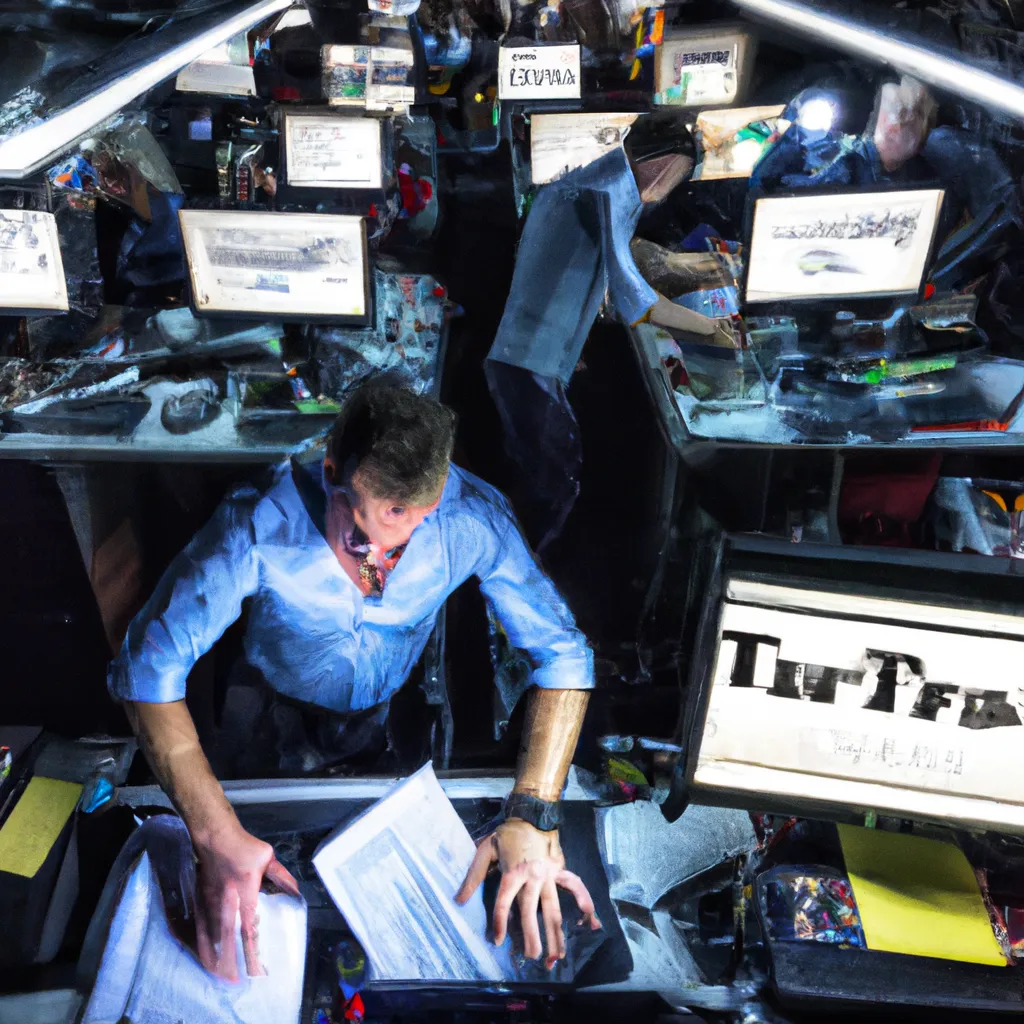Bulgarian Fourth Estate: Fantasy and Reality.

The alarming hysteria of some Bulgarian journalists in their condemnation of the recently launched TV series "Chetv'rta vlast" (Fourth Power) has painted some problems in the country's media.
In the hours after its premiere on Bulgaria's national television on September 29, social networks and media sites were filled with the harshest words available to some journalists, expressing insults as high as yellow newspapers piled in a journalist's room.
The series, based on a fictional newspaper around which the show is based, has been criticized in particular for showing journalists who are too beautiful, well-dressed, having expensive cars, communicating with inept dialogue and usually portraying an operation in which journalists spend too much time trying to meet deadlines. The show was also criticized for being an advertisement for Economedia, a Bulgarian-language media company that publishes local newspapers in Sofia, and some of whose staff were involved in the production. One journalist said preliminary research on the show implies that only Economedia has investigative journalists.
There has been a huge negative response to the show on social media and in the comments. This response was organized and the criticism was that the show was too expensive for a country that cannot afford to pay for cancer patients. This negative reaction (and I would like to point out that there were also quite a few positive reactions, including from journalists) was not desinteresting.
There are several possible reasons, not mutually exclusive. A possible political dimension. One of the people implicated in the production is Nayo Ticin, the main organizer of this year's prolonged anti-government protests, best known for his arrests for crossing a police fence with a Volen Siderov mask. The private media group whose employees were involved in the production is also an open supporter of the protests against the government.
One reason may be that the Bulgarian media do not present to their readers and viewers the results of monastic dedication to professional values. It was said earlier that there is no quality journalism and independent journalism in Bulgaria.
13 May 2025
5 May 2025




One of the stories that also took place has to do with Deutsche Welle, its Bulgarian department and Corporate Commercial Bank. There are those who believe that the real power in the country lies with Corporate Commercial Bank, which holds a significant share of government deposits, and those who further allege that the bank is linked to a media group with which Peevski is associated through family ties - allegations which the bank and its owner, Tsvetan Vasilev, categorically deny.
A series of critical remarks by two authors, Amy Baruch and Ivan Bedrov, for Deutsche Welle's Bulgarian division, regarding CCB and Vasilev led to a lengthy libel complaint sent to DW. What happened next is questionable, in that the initial report said that DW told Baruch and Bedrov that their services were no longer required; at an October press conference in Sofia, a DW spokesperson was told that in fact both had been suspended. The bank complained to DW that the two writers had made statements it said were false regarding allegations of links between Vasiliev and Irena KrjSeva's media group and added that the two had tried to use DW's international prestige to damage the bank's reputation.
The complaint letter added that Bedrov and Baruch are linked to Ivo Prokopiev, co-owner of Economedia. News of the DW saga (not universally reported) is accepted as a media freedom issue in some circles. There was at least one online petition, while the Association of European Journalists sent an open letter to DW expressing a number of concerns and raising the question of whether the two writers were fired for failing to meet professional standards. "In the name of professionalism, we are sure that it would be useful to point out examples of non-compliance with standards," said the AEJ letter, which was made publicly available in Bulgarian and German.
The next discussion of the state of the media in Bulgaria should probably wait for the next episode of Chetvrt Vlast. (Photo: The people in this picture with microphones and cameras are not real journalists, but actors from an episode of the TV show "Chetvrta Vlast.")
* Disclosure: The current author is the spouse of an employee of Bulgarian National Television, but is not directly affiliated with BNT or the television show Chetv'rta vlast no one was contacted about this article before it was written.
Comment
Popular Posts
Popular Offers

Subscribe to the newsletter from Hatamatata.com!
Subscribe to the newsletter from Hatamatata.com!
I agree to the processing of personal data and confidentiality rules of Hatamatata










